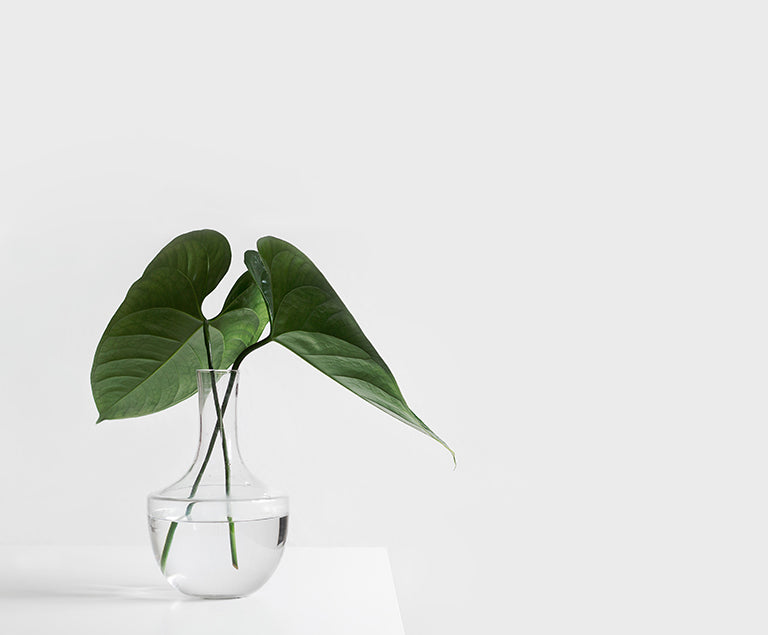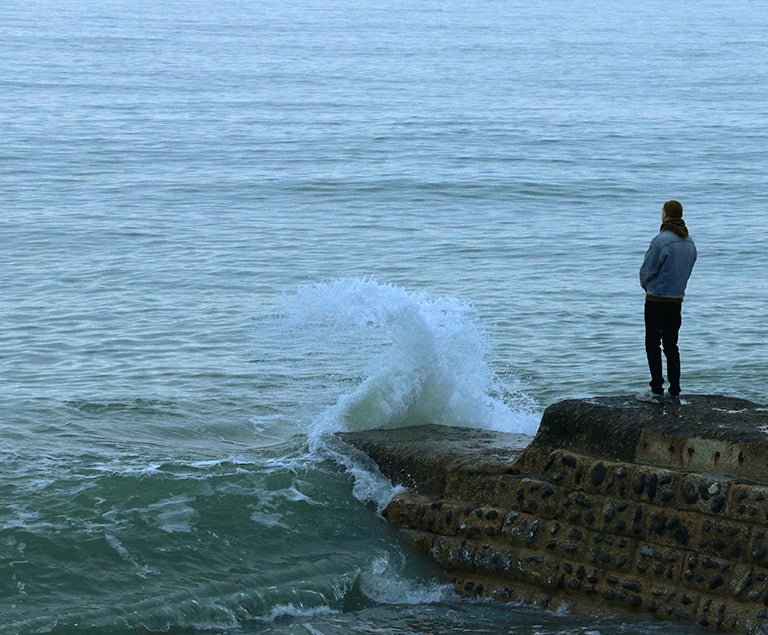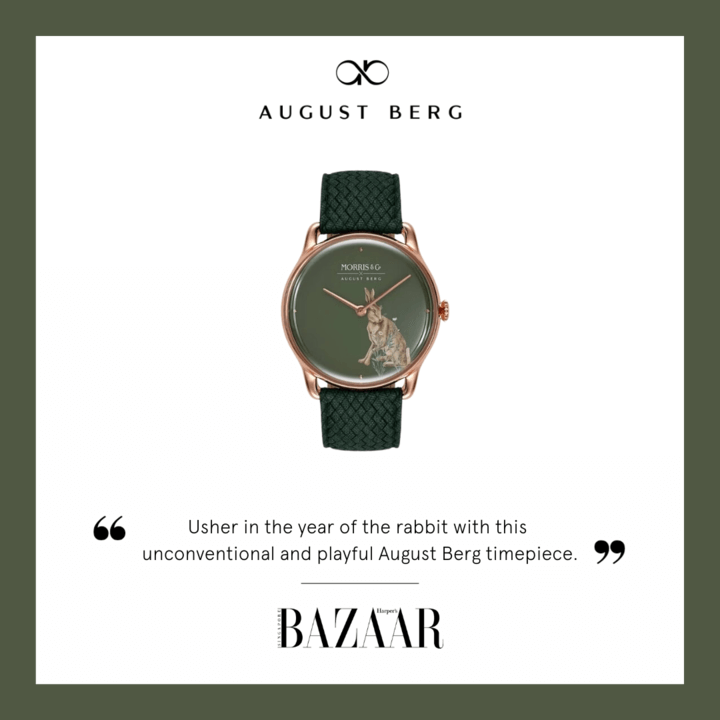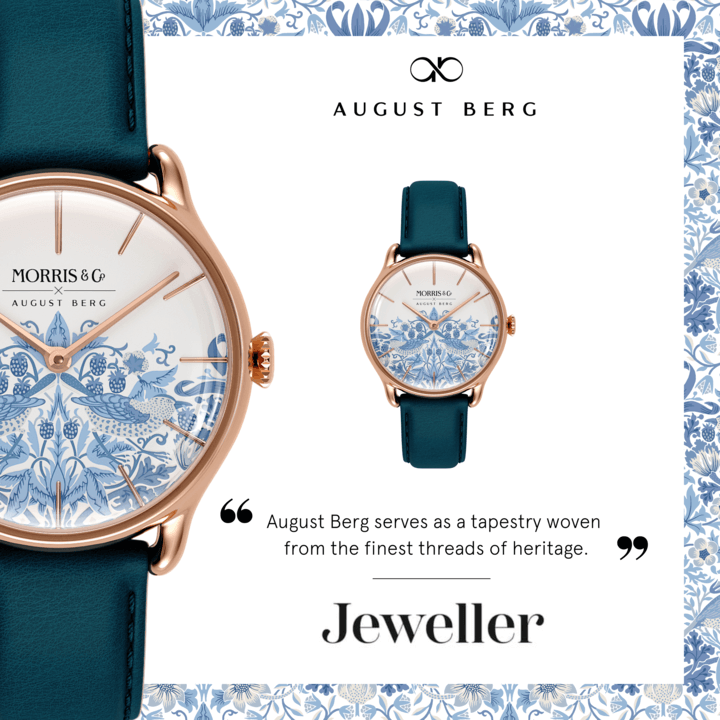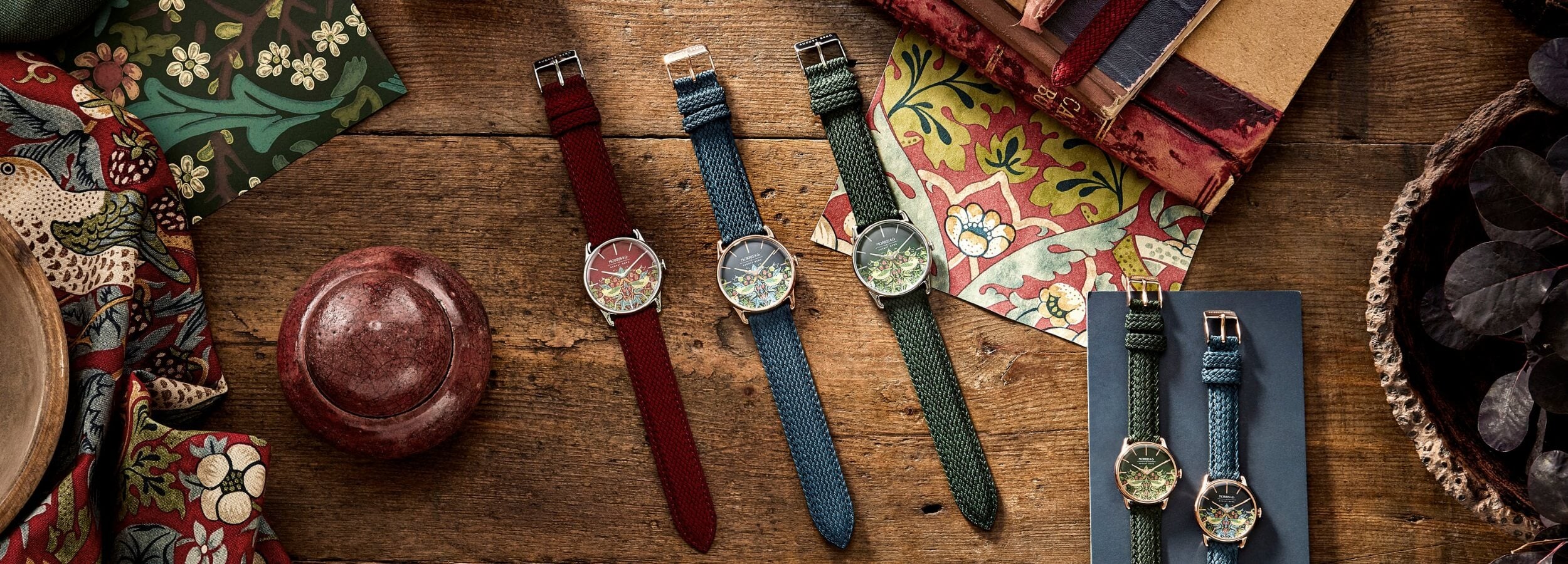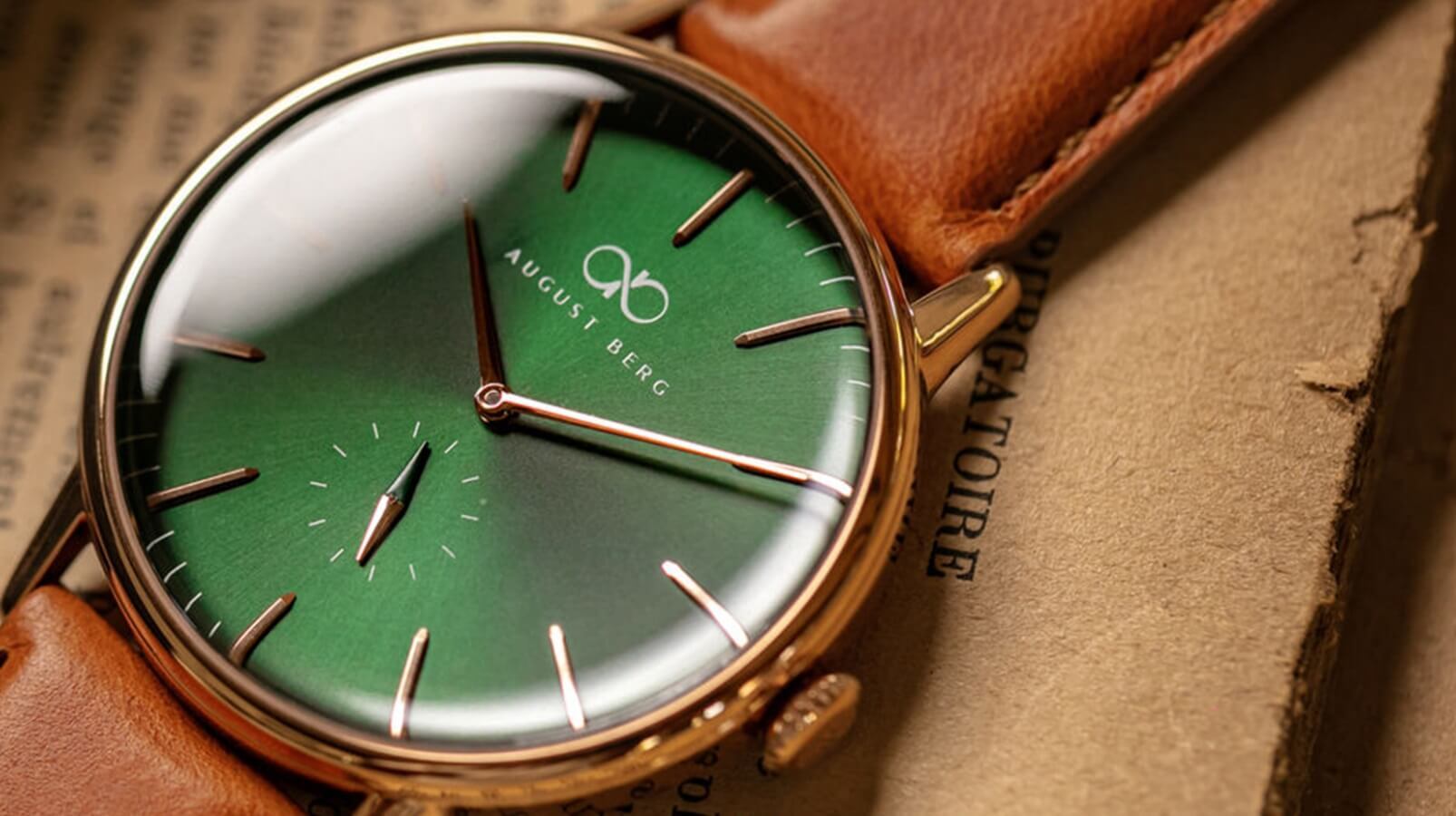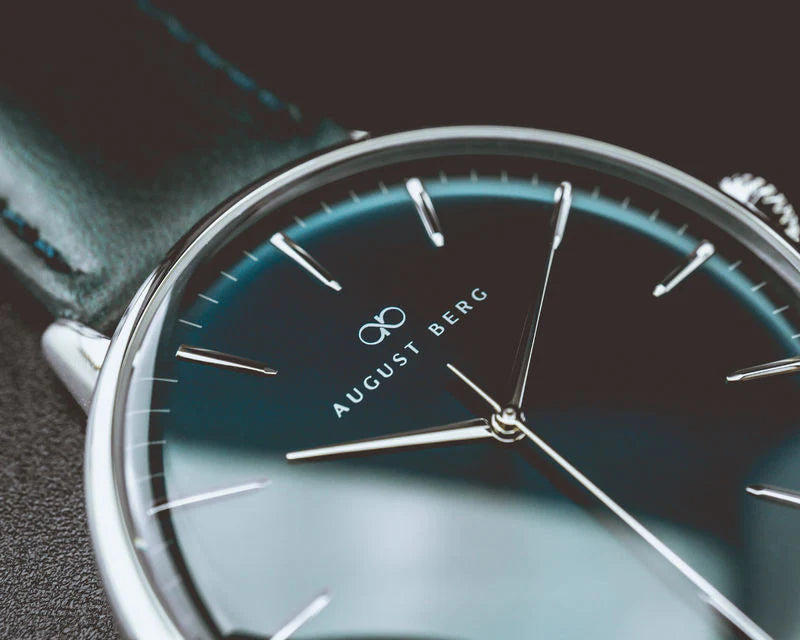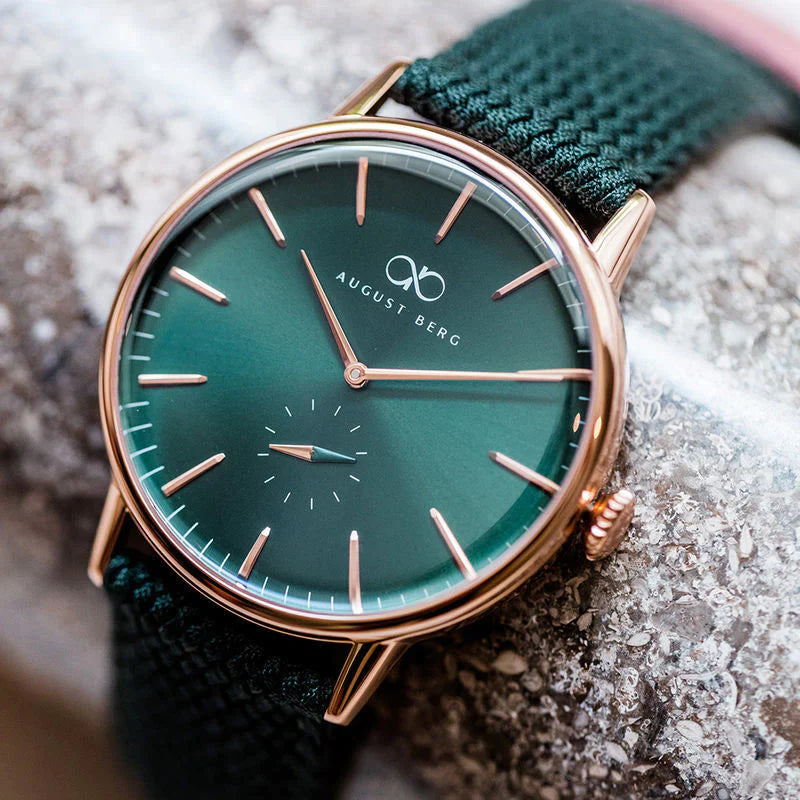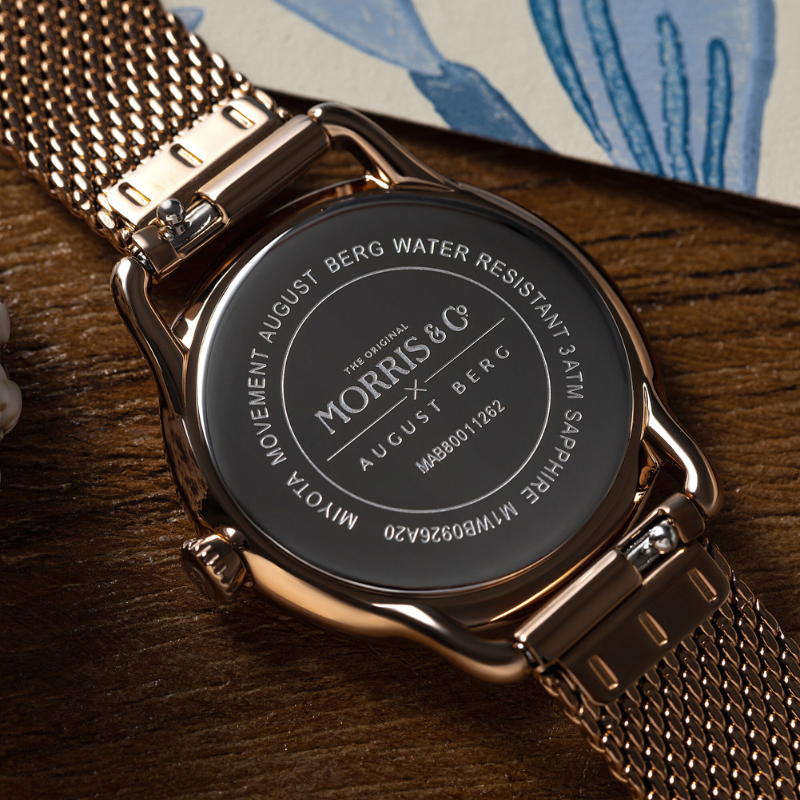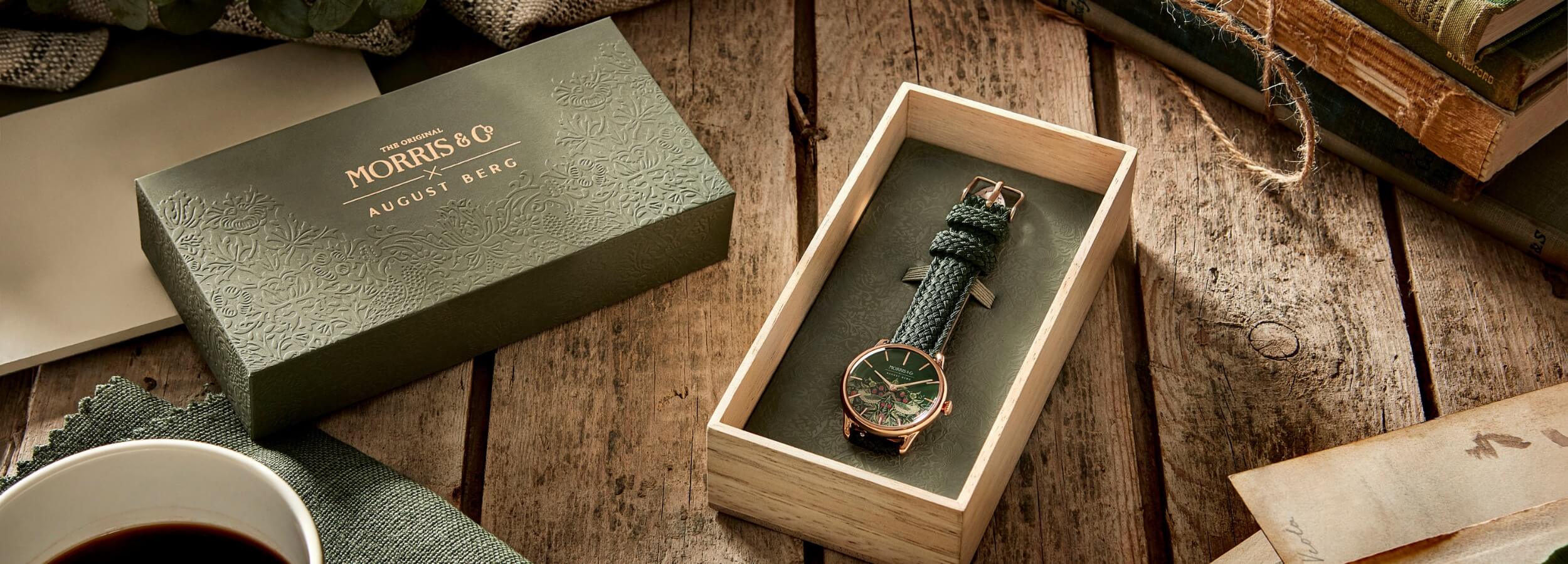You might have heard about Marie Kondo and all about the KonMari organizing challenge inspired by her book, The Life-Changing Magic of Tidying Up. So what is that challenge? Basically ridding your space of items that do not “spark joy” any longer. As one writer for GQ aptly wrote:
“The secret to the KonMari Method is this: You are not deciding what to get rid of, you are only deciding what to keep. This is helpful because you don’t have to look at a beloved item and think, “Does this belong in the trash?” Instead, you only need to hold each individual item in your hands and ask yourself, “Does this spark joy?”
We are not harping on the KonMari Method, but using it as a starting point to talk about practising minimalism. As a society, we often let material define us – getting the latest gadgets, buying that new yoga mat not because your old one was worn out but because everyone is hyping about this new one. You might have your desk full of items that you sometimes ask yourself whether you even need, but you just let it be and let it clutter your space.
One of the reasons why the KonMari Method was so well received was that it capitalised on the truth that when we clear the clutter in our lives, we are better able to focus on what matters. This concept can be applied to both tangible and intangible things, and therefore to many areas of your life. Let’s take a look at some examples:
Workspace
We are picking on this first because many of us are working from home right now and that is probably where we are for the most part of the day, therefore an important starting point. The fact that it is tangible – a space that we can see, makes it easier to declutter as well.
- Take stock of what you have in your workspace.
- Note down the functions of each item
- Separate the essential items from the non-essential
- Decide whether the non-essential items can be stored somewhere else, away from your workspace, or whether it can be disposed of completely
You might ask, do I need my phone at my work desk? Of course, some of you might need it for communication purposes but if you do not need it for your work, put it aside so that it is not a distraction. While working on your laptop, ask whether you need those Facebook notifications popping up to inform you of somebody adding you as a friend. If you don’t, switch that off. Digital clutter is clutter too. Essentially, what you are doing is to reduce the amount of unnecessary distraction so that you can carry out what you want to do more effectively – so you can focus.
Accounts
Finance is definitely a big part of our lives, whether we like it or not, and stability in that field is important to our emotional wellbeing. It is, therefore, one of the first things that we should seek to keep in order. Some questions that you can ask yourself:
- What are the cards and accounts that I have? Is there one too many?
- How often do I use them, and can I do without some of them?
- Can I consolidate certain things so that I can keep track of my accounts more effectively?
Minimising your financial clutter might improve your ability to keep track of your accounts, allowing you to consolidate expenditures and meet payment deadlines. Regardless of your ability to pay off your debts, having them weighs on your mind. If reducing your financial clutter can help with your emotional state, why not take that simple step if you can?
Emotions
Part of minimizing your life starts with a clean slate and a fresh mind. In the previous two examples, we are decluttering tangibly in the hopes of leading us to clearer heads. So it should come as no surprise that we should look inwards to declutter as well. If you are thinking of a piece of specific emotional baggage while reading this, this message is for you.
We sometimes hold onto emotions that aren’t healthy, and this stops us from moving forward. It is not an easy feat and is often easier said than done, but it is important for us to declutter emotionally for us to focus on ourselves more. Some ways that we can do that:
- Meditate (refer to our article on meditation here)
- Keep a diary – noting our daily emotions is a good way of processing them
- Talk to someone – sharing your thoughts and getting opinions could help to get new perspectives
We’re not saying – start living your life as a minimalist and you’ll lead an effective and great life. But taking from these examples and putting it into practice in different areas of your lives might help you to refocus on what matters. It could work for you, but not for others, might work in some areas, but not in others. But in trying, you might find something you never thought you might find, hell, you might even find yourself in the process. Other times, you probably just need time.




